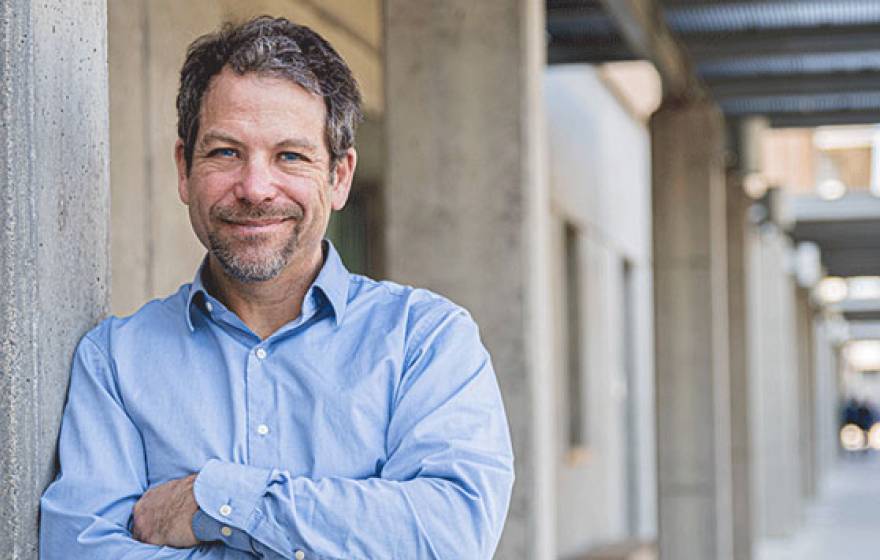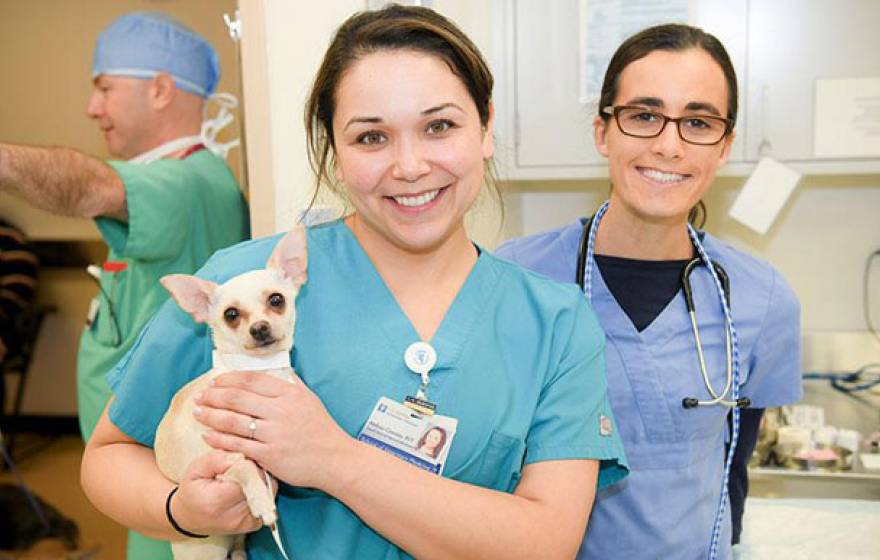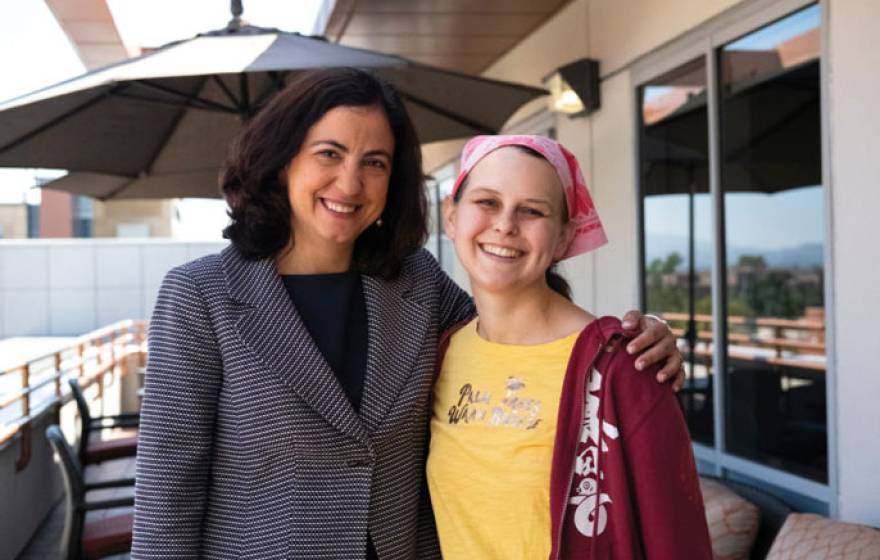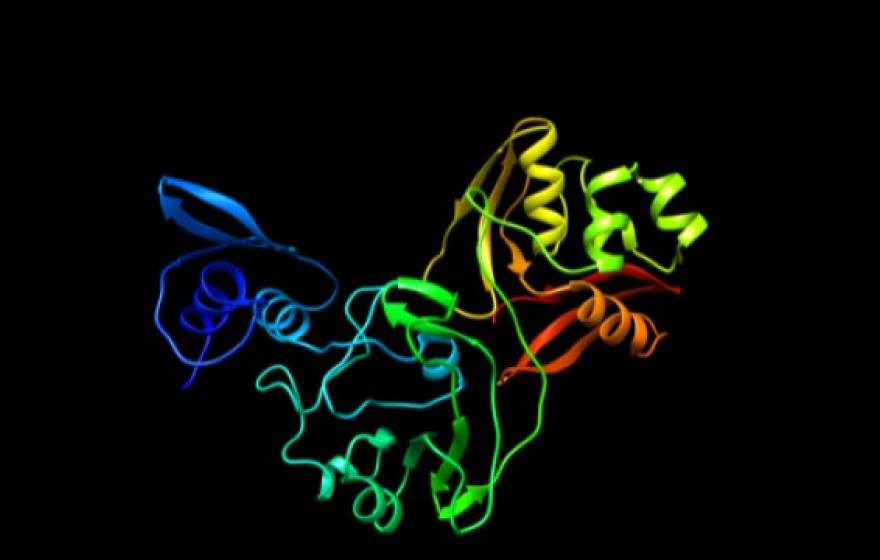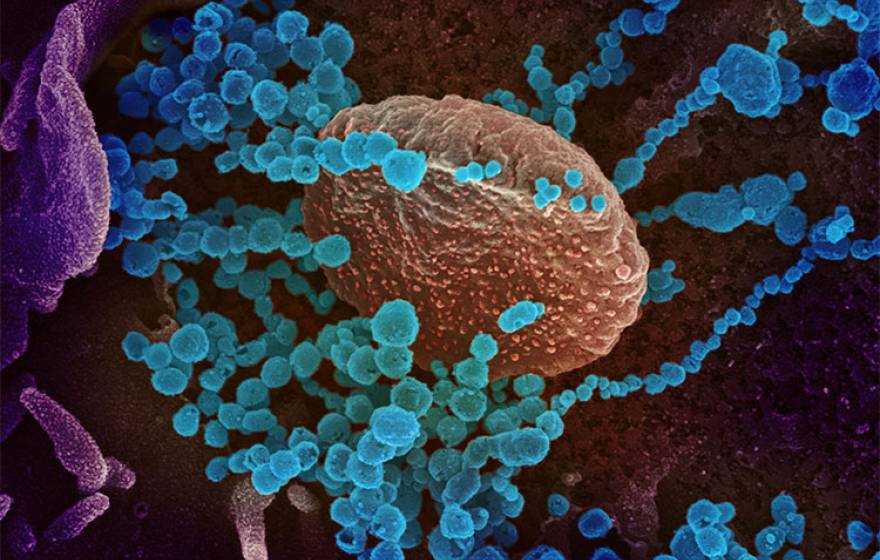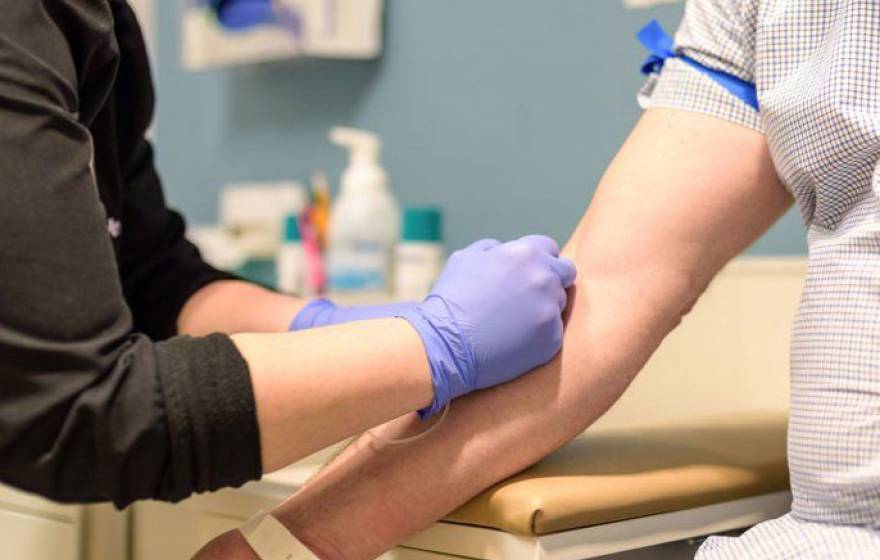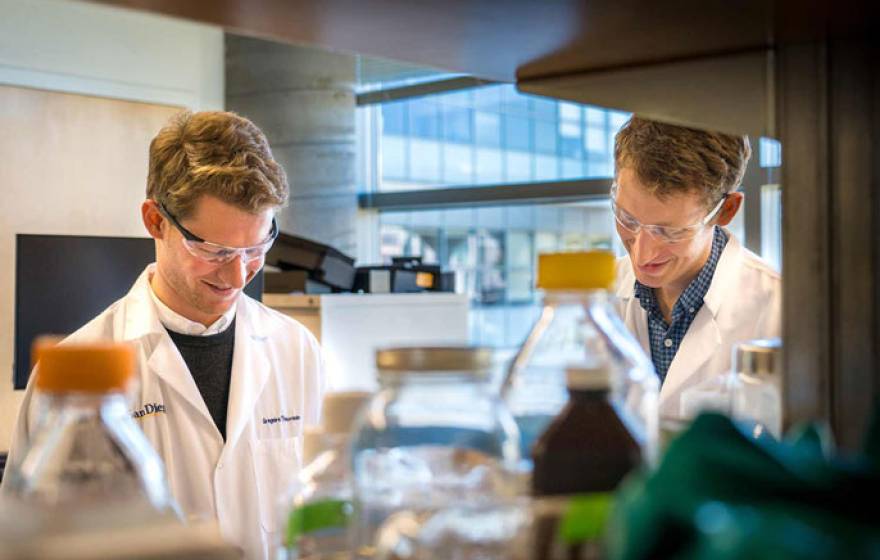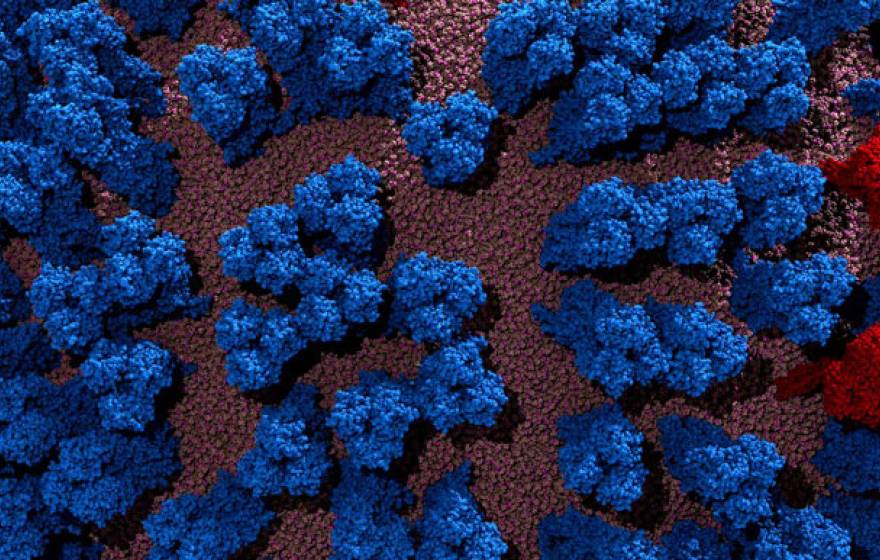‘It’s a first step toward fulfilling the promise of the genomics era to inform how we combat disease,’ lead researcher says.
UC experts take on COVID-19
The University of California has been on the front lines in the fight against SARS-CoV-2, the virus that causes COVID-19, since the earliest indications of its emergence in China. From top-flight medical care to groundbreaking research, UC’s scientists and physicians across its 10 campuses and five academic medical centers are part of the global effort to treat, understand and ultimately defeat the virus.
Feeling anxiety about coronavirus? A psychologist offers tips to stay clearheaded
We spoke with stress expert Elissa Epel about the difference between anxiety and panic, and steps you can take to stay calm and prepared.
UC Davis claims top world ranking in veterinary science
The 2020 QS World University Rankings by Subject also ranked UC Davis second in the world and first in the nation in agriculture and forestry.
Battling brain cancer on all fronts
Dr. Daniela Bota’s pioneering work is improving outcomes for patients with the most aggressive form of the disease.
New coronavirus protein reveals drug target
Drugs previously in development for SARS could be effective for COVID-19.
As coronavirus spreads, experts explain when to call a doctor, how testing works and more
Infectious disease experts provide the latest updates on what the public needs to know.
New blood test could make Alzheimer’s diagnosis easier than ever
A simple screen may soon be able to detect two common forms of dementia — Alzheimer’s and frontotemporal dementia — and tell them apart.
Scientists design way to use harmless bacteria to detect heavy metals in drinking water
The goal is to test water at the faucets people actually drink from and catch contamination along the way.
E-cigarette users are exposed to potentially harmful levels of metal linked to DNA damage
A new study suggests metals like zinc are part of the devices’ harm.
An improved implant
Researchers have developed a breakthrough cochlear device that could enable hearing-impaired people to detect pitch.
Breakthrough virus simulations tackle the flu
The new molecular models could help scientists develop more effective treatments.
